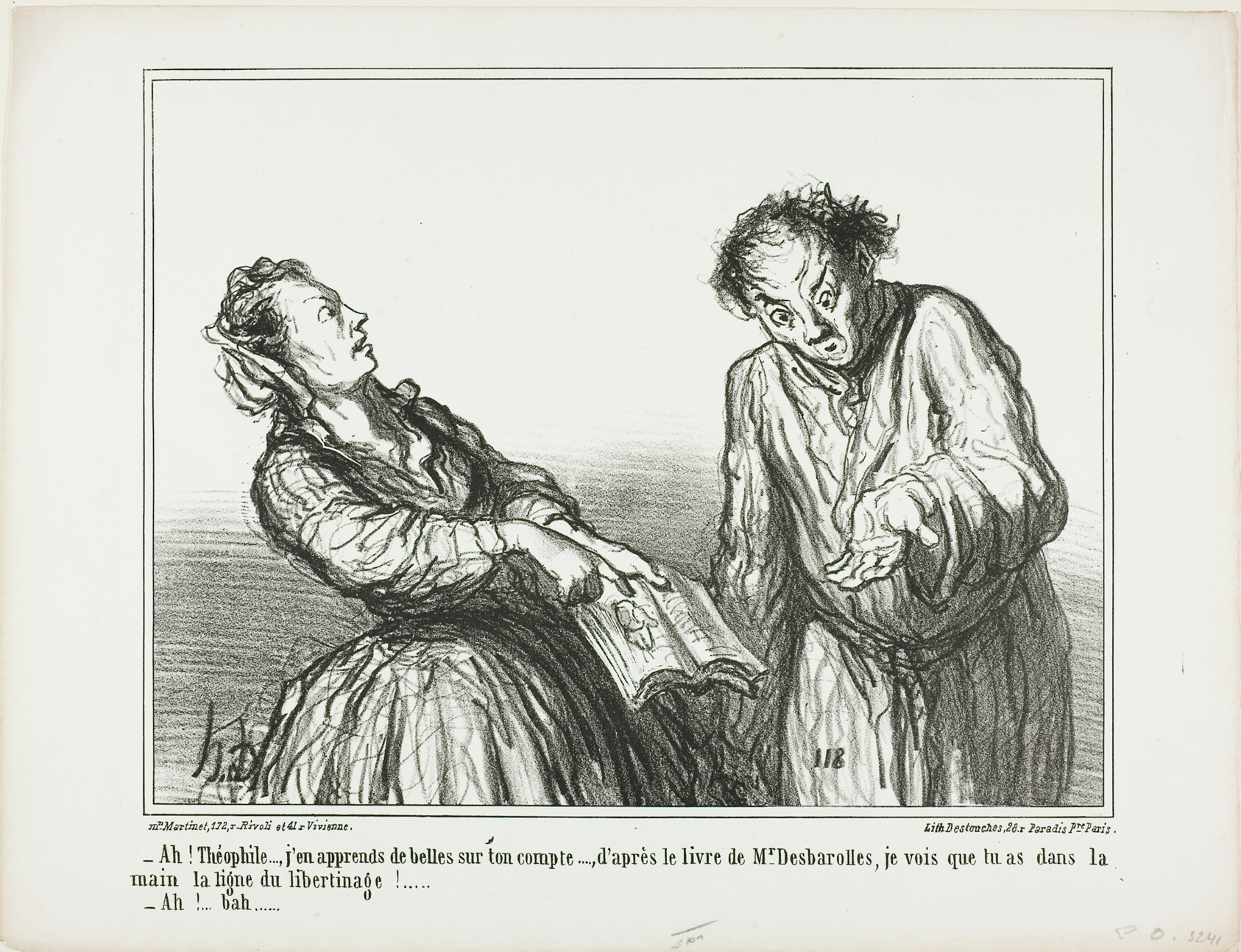Industry News
Customs Ruling Clarifies Documents that May be Required for USMCA Post-Entry Claims
TweetJun. 9, 2023
By:
Hannah B. Kreinik
U.S. Customs & Border Protection (“CBP”) Headquarters recently released a ruling that denied an importer’s protest for post-importation preferential tariff treatment under the United States-Mexico-Canada (“USMCA”) agreement. Like its predecessor, the North American Free Trade Agreement (“NAFTA”), the USMCA permits preferred tariff rates for imports from the neighbors to the north and south of the U.S.
 The importer sought USMCA preferential treatment for past entries of torque converters. The petition was denied and the protest that resulted in this ruling followed. The ruling indicates that CYT had opted to submit to CBP a post-importation claim for refunds on the merchandise under 19 U.S.C. ⸹ 1520(d). While reviewing CYT’s claims, the Center for Excellence and Expertise (“CEE”) for CBP requested copies of the importer’s invoices for the goods. CYT declined to provide the invoices to CEE for review, arguing that they were not required for tariff treatment review under 19 C.F.R. ⸹ 182.32. The CEE denied the preferential tariff claims, citing the lack of information (the invoices) provided under 19 U.S.C. ⸹ 1520(d).
The importer sought USMCA preferential treatment for past entries of torque converters. The petition was denied and the protest that resulted in this ruling followed. The ruling indicates that CYT had opted to submit to CBP a post-importation claim for refunds on the merchandise under 19 U.S.C. ⸹ 1520(d). While reviewing CYT’s claims, the Center for Excellence and Expertise (“CEE”) for CBP requested copies of the importer’s invoices for the goods. CYT declined to provide the invoices to CEE for review, arguing that they were not required for tariff treatment review under 19 C.F.R. ⸹ 182.32. The CEE denied the preferential tariff claims, citing the lack of information (the invoices) provided under 19 U.S.C. ⸹ 1520(d).
In its protest CYT argued that the denial of the claims was incorrect and that CBP was not permitted to seek additional documentation beyond those listed in the regulation. CYT also argued that CBP’s request for the invoices was unconstitutional as CBP never gave notice that the preferential tariff review would require additional documentation outside of the USMCA certificates of origin discussed in 182.32.
CBP Headquarters reiterated the necessary information under 19 C.F.R. ⸹ 182.32 for those seeking post-importation preferential treatment. However, CBP also noted that section 182.32 was part of a larger USMCA legal infrastructure, including 19 U.S.C. ⸹ 1520(d)(3), which allows Customs to request additional documentation that the agency determines is essential to assess the claims. Similarly, CBP rejected the constitutional argument, noting that under 19 C.F.R. § 142.3(a)(3) importers are already required to provide copies of the commercial invoices as part of the entry document package. Headquarters reasoned that the invoices should have already been provided upon importation, thus making both claims of an inappropriate protest denial and constitutional issues moot. As a result, CBP Headquarters affirmed the protest denial.
The moral of the story is that both the statute and the regulations must be reviewed to understand the limits of agency authority. Even when, as here, the regulation is silent if the statute gives the agency authority, the request is legal. The attorneys at Barnes, Richardson & Colburn can effectively prepare any preferential tariff claims under the USMCA for your company or provide advice on any USMCA-related issues.
